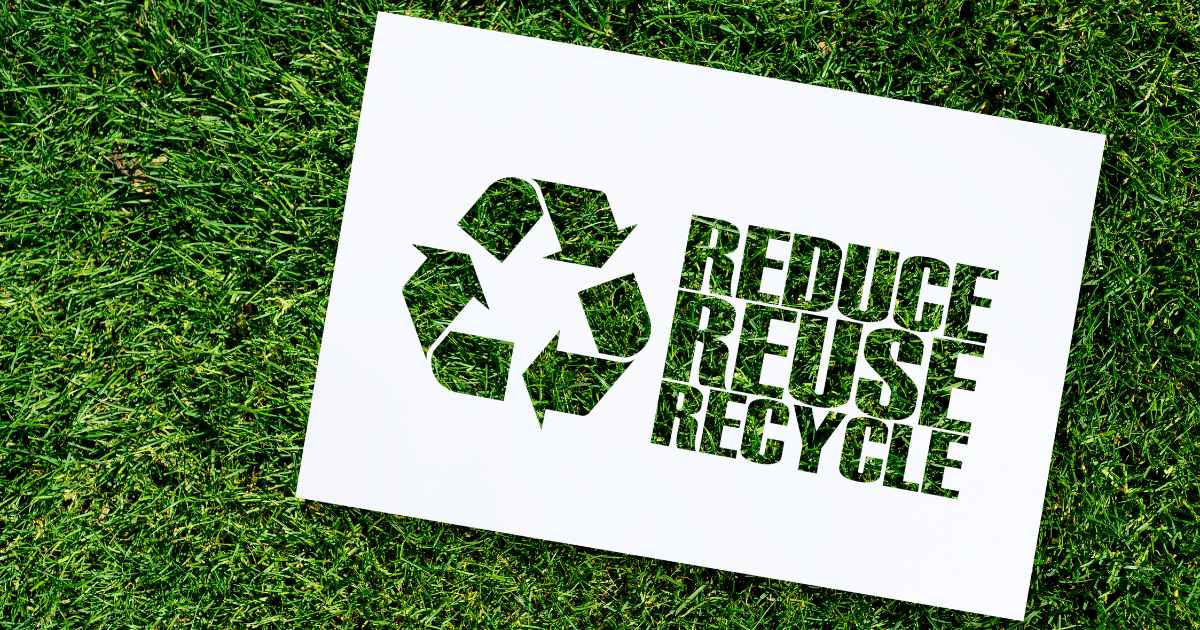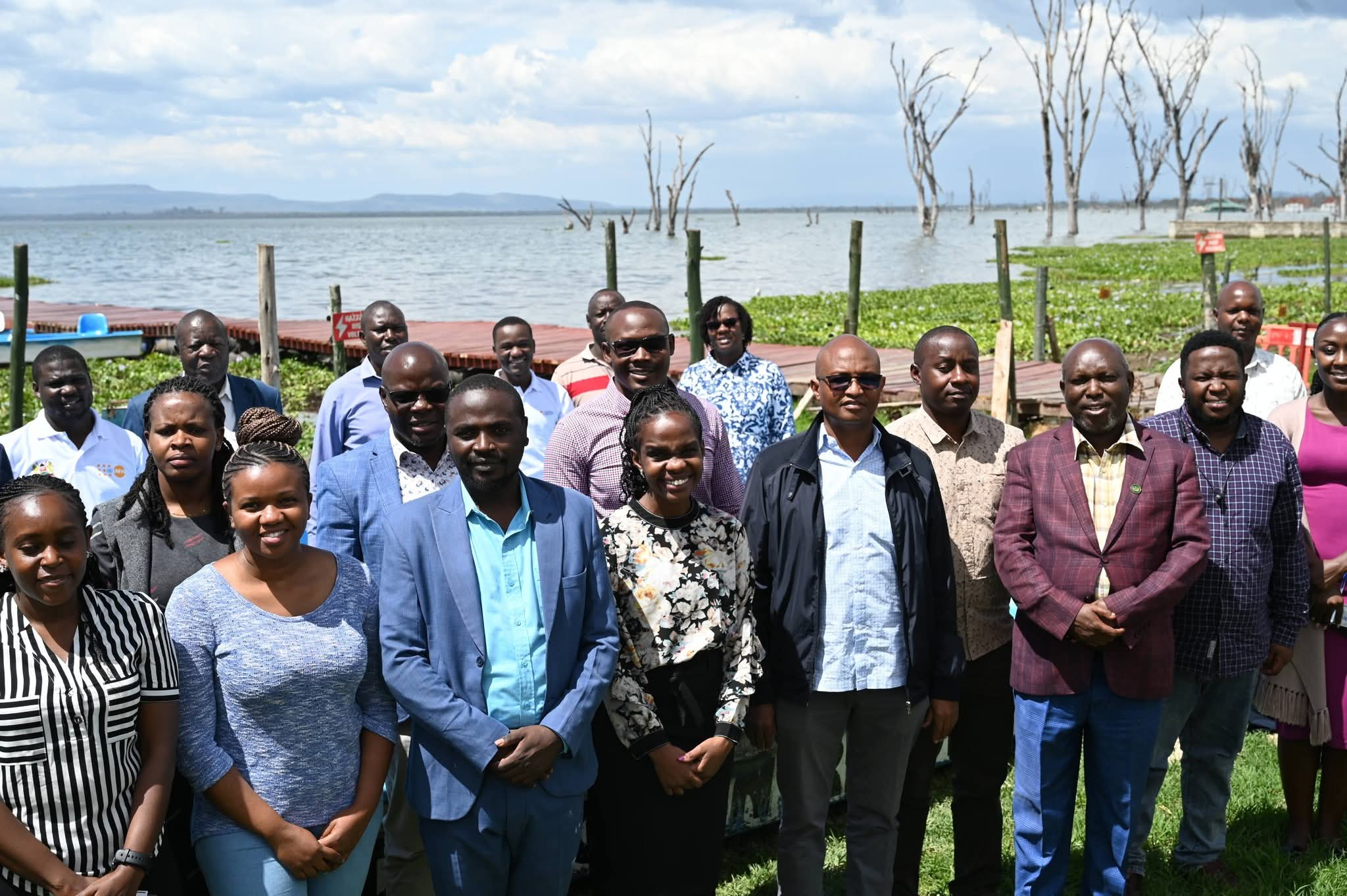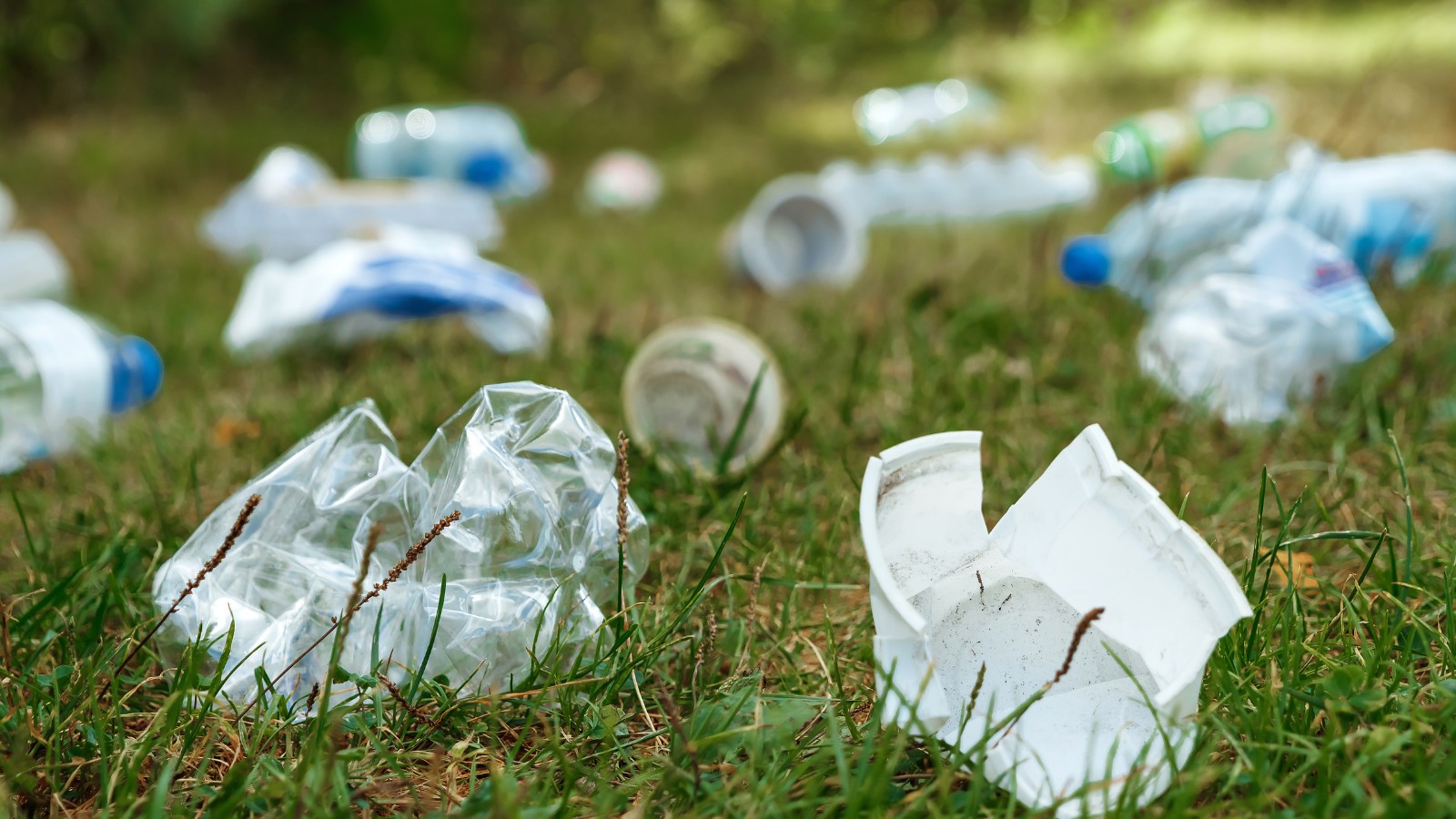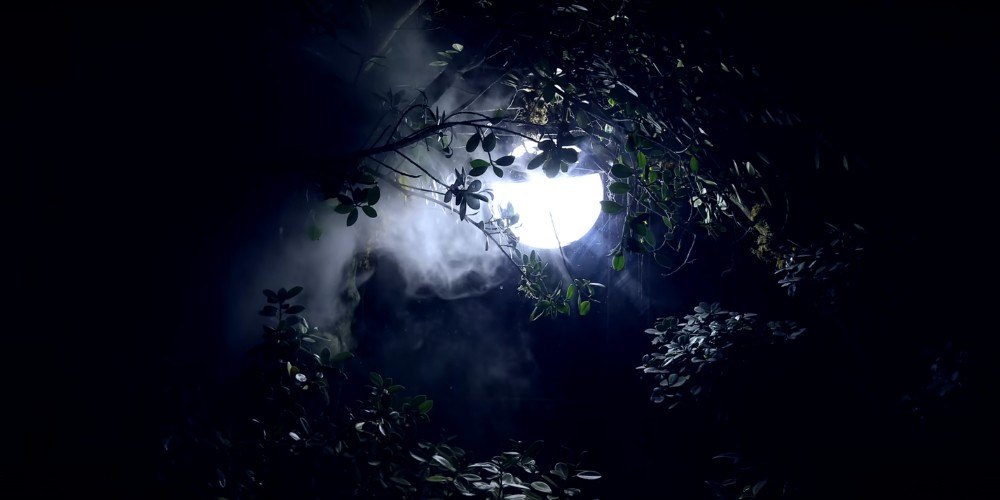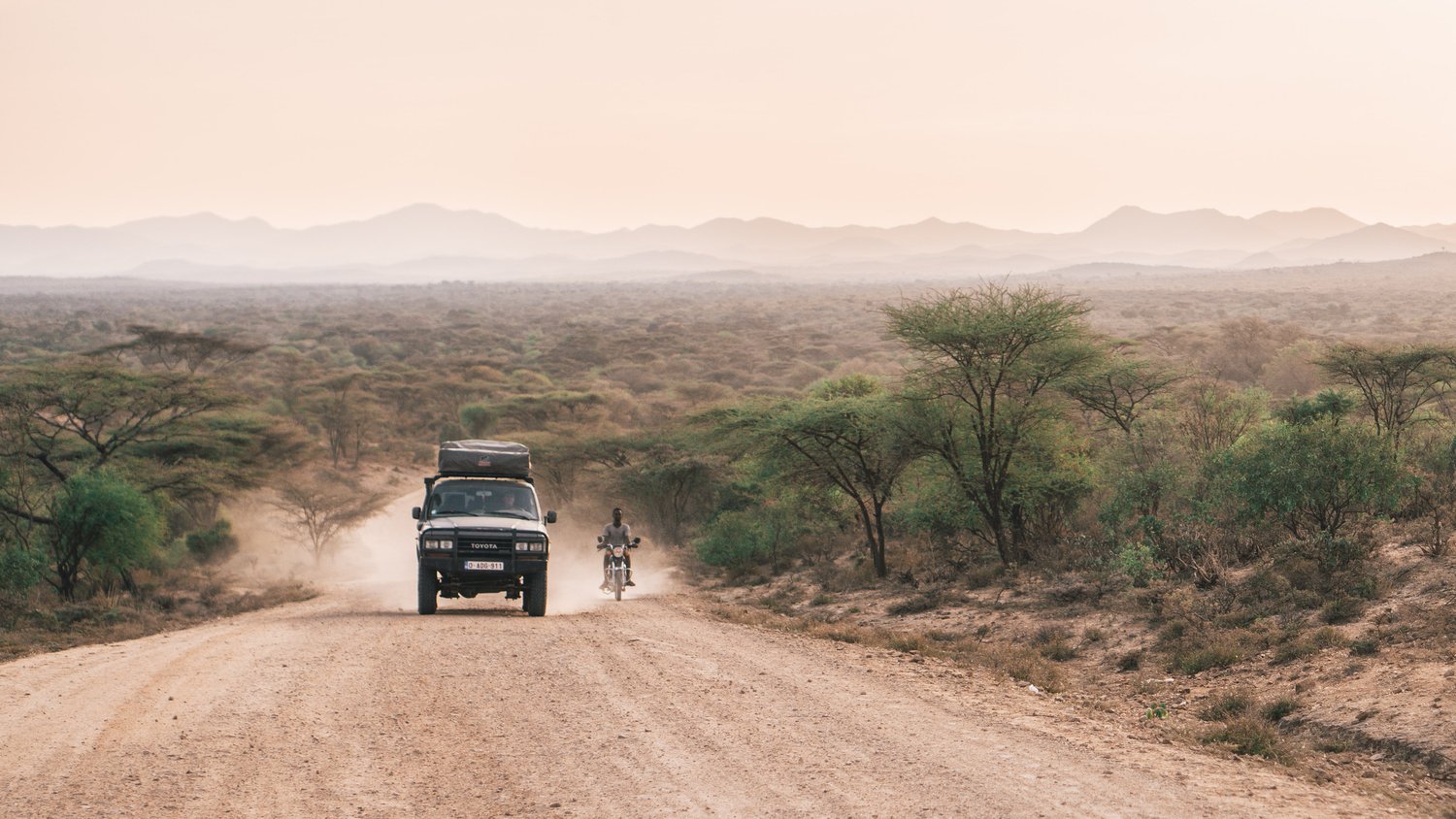- In nature, nothing goes to waste. Fallen leaves turn into soil, animal droppings feed plants, dead trees become shelter, and worms turn scraps into compost. Everything is reused in a perfect cycle that keeps the environment healthy.
- Humans, however, have broken this balance.
In nature, nothing goes to waste. Fallen leaves turn into soil, animal droppings feed plants, dead trees become shelter, and worms turn scraps into compost. Everything is reused in a perfect cycle that keeps the environment healthy. Humans, however, have broken this balance.
The world now produces about 2.3 billion tonnes of waste every year, and this could grow to 3.8 billion tonnes by 2050 if things do not change. Around 19 to 23 million tonnes of plastic waste also end up in rivers, lakes, and oceans each year, harming animals, polluting water, and worsening climate change.
The problem is not just the amount of waste but how people think about it. Most people see waste as something useless that must be thrown away. Yet, waste can actually be reused or recycled to make something new. To fix this, everyone needs to change how they live and how they use resources.
When resources are used wisely, there is less need for more. It is a simple lesson about care, responsibility, and appreciation for what we already have. When people waste less, they save more, not just money, but also the environment and the future.
Read More
And people can start by buying only what they need, reusing items instead of throwing them away, repairing broken things, and sorting their waste so that recyclable materials are properly processed.
Governments and companies also have a big role to play by supporting recycling programs, reducing single-use plastics, and creating policies that promote a cleaner, circular economy where materials are re-used instead of wasted.
There are inspiring examples of people turning waste into something useful. In Kenya, engineer Joseph Muritu developed a system in Murang’a County that uses heat to turn plastic waste into clean fuel.
This project not only helps reduce pollution but also creates jobs. In the United States, young inventor Julian Brown is also experimenting with converting plastic into a type of fuel he calls Plastoline.
Still, recycling and technology alone cannot solve the problem. The world must reduce how much plastic it produces, especially single-use types that are used once and thrown away. The United Nations Environment Programme (UNEP) warns that poor waste management could cost the world upto 640 billion dollars a year by 2050 through damage to health, nature, and the climate.
Sustainability is everyone’s responsibility. Each person can make a difference by managing their waste, supporting clean-up efforts, and choosing products that are kind to the environment. Governments must make sure that recycling systems work and that companies are held accountable for the waste they produce.
Nature already shows the best example. If humans learn from it and use resources wisely, waste can become something valuable rather than a problem. The goal is to live in a way where nothing is wasted and everything has a purpose, just like in nature.
Follow us on WhatsApp for real-time updates, community voices, and stories that matter

